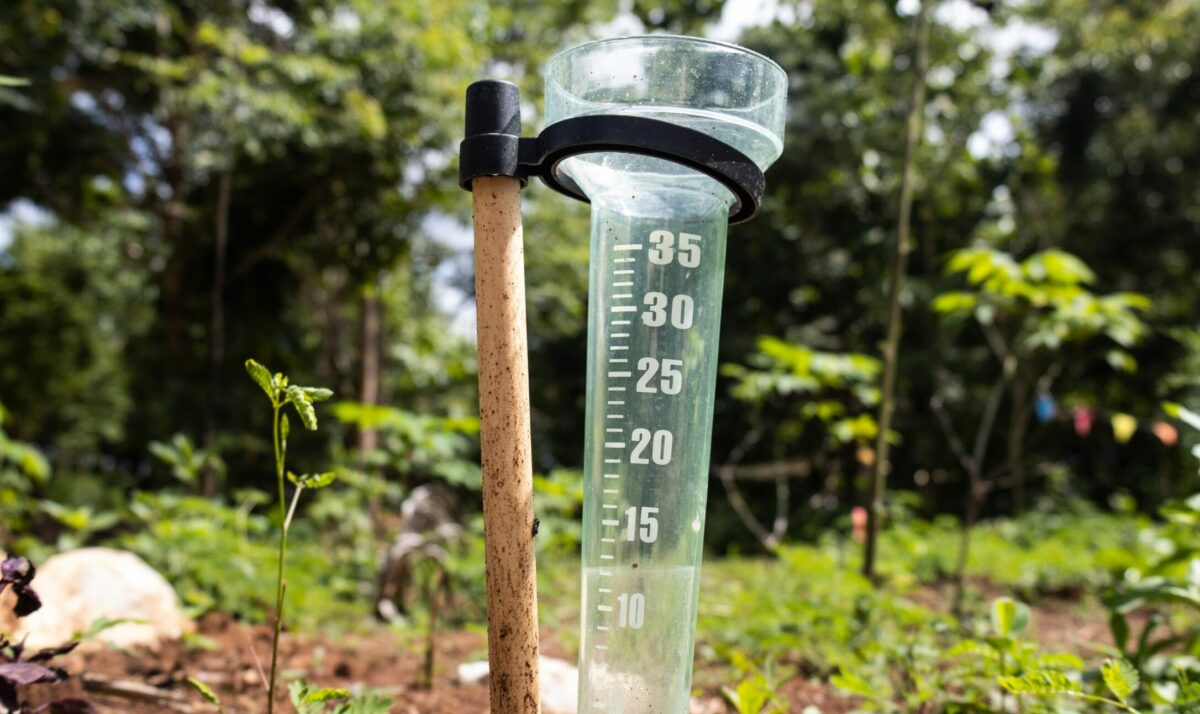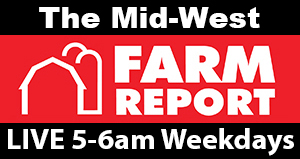
Accurate weather forecasts are critical to local government. Whether it’s deciding when to start salting and plowing operations, staging barricades for an expected flood-related road closure or planning maintenance operations, decisions made based on the forecast impact both operations and the budget.
The key to improving weather forecasts and improving accuracy is knowing what actually happened on the ground—did the forecasted amount of rain fall? How much water is in the 8 inches of snow remaining on the ground?
The National Weather Service, the Wisconsin State Climatologist, and University of Wisconsin-Madison’s Division of Extension need your help in improving forecast accuracy—and it takes less than two minutes per day to check an official rain gauge once daily and provide the number to the National Weather Service.
Wisconsin currently has more than 400 voluntary weather observers that are part of the CoCoRaHS program (Community Collaborative Rainfall Hail & Snowfall network). Unfortunately, they are not evenly distributed across the state, leaving certain areas with little or no information.
Meteorologist Taylor Patterson spends her days forecasting weather for southern Wisconsin and the open waters of Lake Michigan. She says it’s important to have observers throughout the state to help provide accurate totals.
According to Sarah Marquardt, a forecaster with the National Weather Service in Milwaukee, one large hole in the Wisconsin data is Richland County—As of February 1, there were no active observers. Data provided by observers informs the decisions the Weather Service makes – such as flood watches and warnings downstream. “Accurate warnings depend on accurate data” notes Extension’s Kevin Erb.
Erb, who helps recruit observers, says it’s not just a rural or southwest Wisconsin issue—there are many areas around Wisconsin with few if any participants. “Ideally, we’d like to have one reporter for every town, and even more in urbanized areas where impermeable surfaces increase runoff and flood risk. Having an official gauge at every county highway garage and in every town would go a long way towards improving forecast accuracy.”
The National Weather service has found that older-style manual rain gauges are more accurate than automated tipping-bucket style ones. Electronic gauge accuracy decreases both with higher rainfall rates and strong winds during storms. The official gauges used by the program are ~$40 and last five or more years.
Marquardt notes that the amount of water in the unmelted snow is critical to predicting the risk of spring floods. Spending two minutes taking a snow core, letting it melt, and measuring the water it contains is vital information for accurate snowmelt flood forecasts.
The Weather Service has set a goal of recruiting 180 new rainfall/snowmelt observers during the month of March during their March Madness recruiting campaign. You can find out more by visiting ww.cocorahs.org, and clicking on the “about us” or “Join CoCoRaHS” links on the side. You can also see the latest map of rainfall/snowfall reports on the main page.
For more information, contact your regional National Weather Service contact by visiting wisconsinweatherwatchers.org or Kevin Erb with UW Madison Extension at [email protected].

Leave a Reply